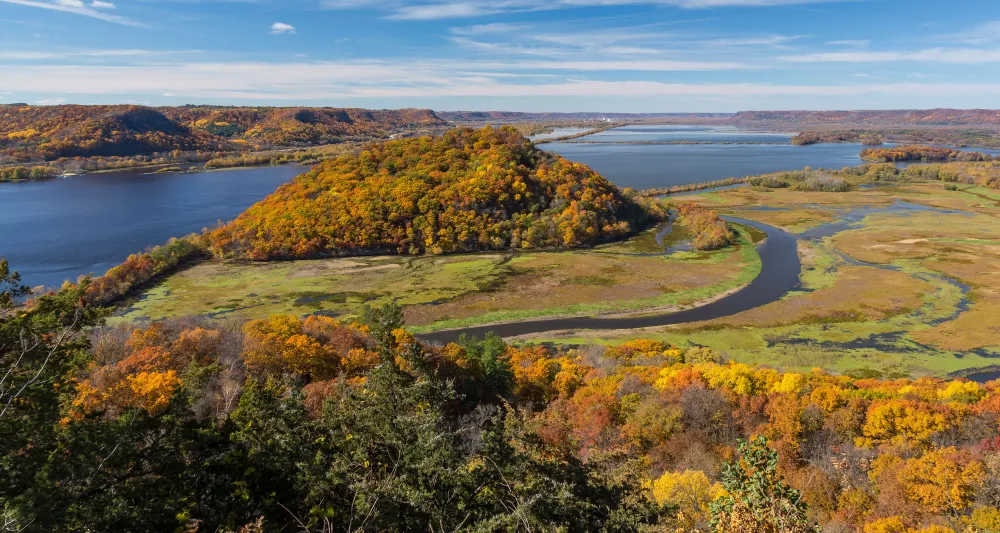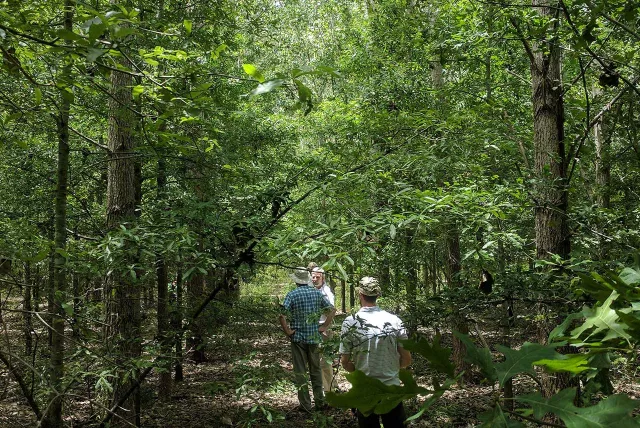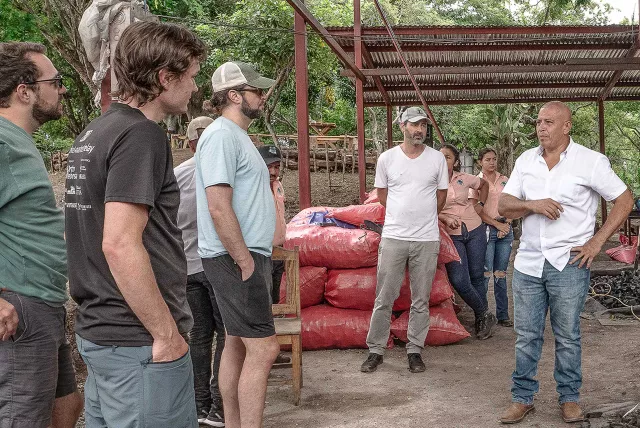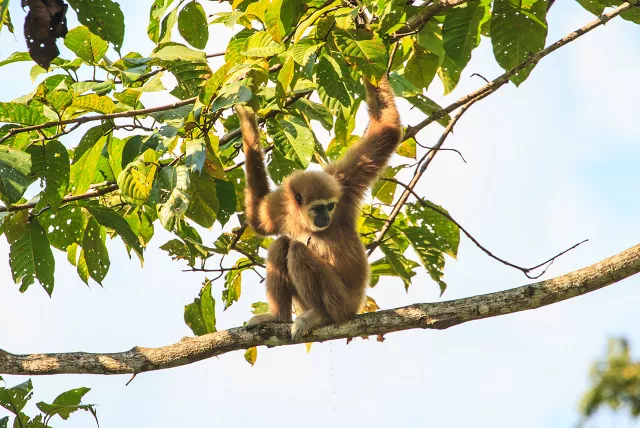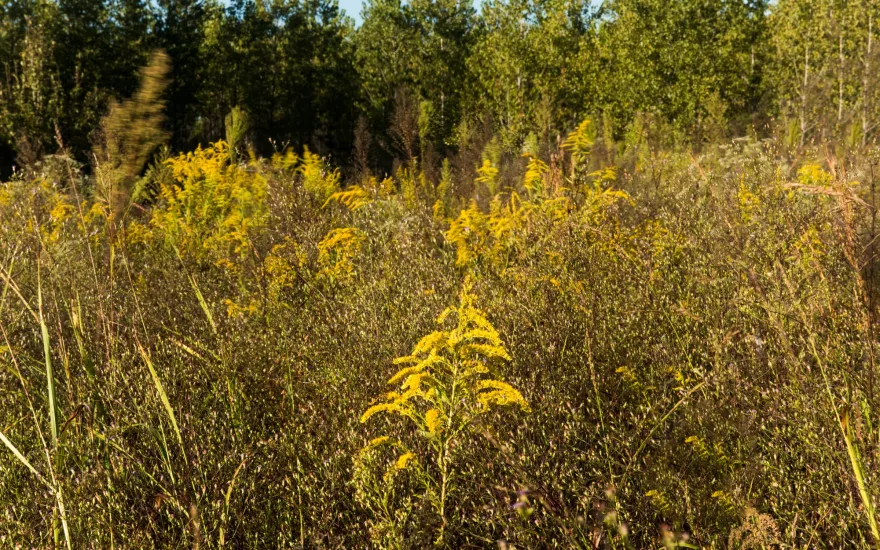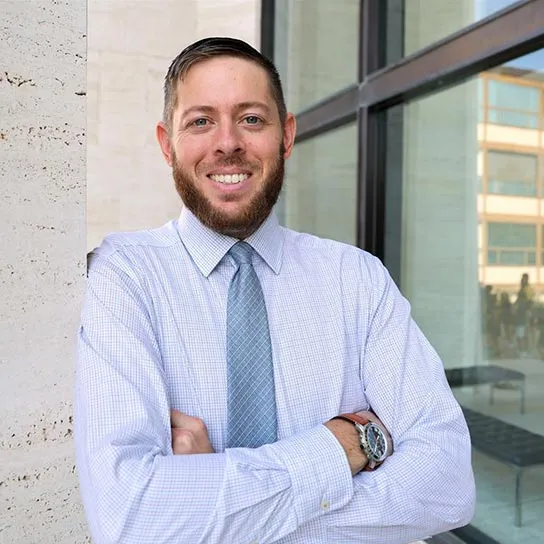
As a subsidiary of the Arbor Day Foundation, Arbor Day Carbon works to unite landowners, project developers, corporate buyers, and all carbon market stakeholders to create real impact in critical ecosystems.
In the face of a rapidly changing world, Arbor Day Carbon invests in people and partnerships to preserve forests and grow new trees at scale.

Our Approach to Carbon
Arbor Day Carbon accelerates reforestation by vetting, funding, and selling carbon credits with a process where everyone wins. We transact carbon credits to plant and grow new trees.
From the Mississippi River Alluvial Valley to the forests of Nicaragua, we empower developers to build credible forestry carbon removal projects at scale, by streamlining diligence, simplifying funding, and purchasing while delivering a custom experience.
In turn, we make it easy for corporations to achieve climate goals by matching them with high-quality products from our vigorously vetted carbon project developers.
Our team of industry leaders has worked with hundreds of corporate partners, resulting in over half a billion trees planted. Working with our team will equip yours with the information you need to march forward with carbon confidence.
50+
Years of Arbor Day Foundation planting trees in forests and communities
500M+
Trees planted by Arbor Day Foundation since 1972
7.5M+
Credits transacted by Arbor Day Carbon

Corporations
Forestry carbon you can trust. Demonstrate your commitment to nature-based climate solutions with confidence.

Developers
Accelerate your carbon forestry projects. Whether you need initial capital to get a project off the ground or you already have inventory to sell, you're in the right place.
How we see the trees
Dig deeper into forestry carbon credit solutions with resources developed by our carbon experts. Or, sign up for our Carbon Newsletter for regular insights into this ever-evolving industry.
Meet the Arbor Day Carbon Team
Contact Us Today
Ready to get started or learn more about nature-based carbon offsets? Let’s explore how we can help.
